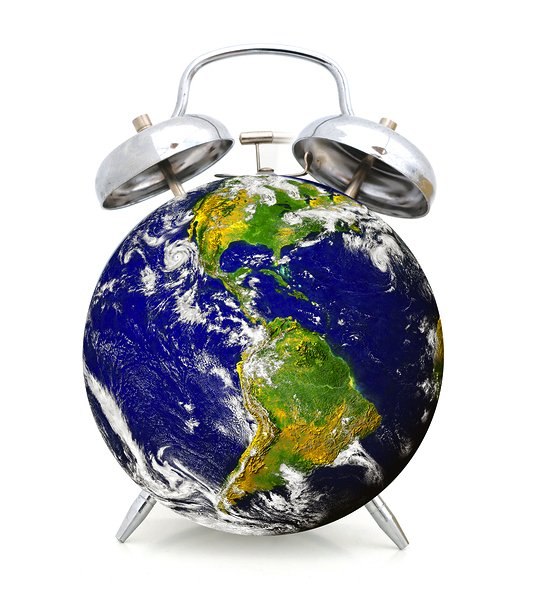
Earth Hour in the GCC
As Earth Hour approaches, YouGov set out to see what attitudes residents of the GCC have regarding the environment. Using the YouGov online panel, 1021 online respondents were surveyed between March 11th-18th, 2013. Over half (56 percent) of online respondents in the GCC had previously heard of Earth Hour, with awareness being highest in the UAE (69 percent) and Bahrain (54 percent). Among online respondents, 36 percent plan to participate in Earth Hour 2013, up from 29 percent in 2012.
Despite only happening once a year, online respondents are positive about the impact they believe Earth Hour has, with one-third agreeing it has a significant impact on reducing energy consumption in their country of residence. Those living in the UAE are particularly likely to indicate as such, with 43 percent agreeing.
When asked about environmentally friendly habits, convenience, cost and community support play a major role. For example, among online respondents who do not recycle, 34 percent indicate they do not recycle because they lack the support of the people around them. Similarly, 18 percent of respondents who do not use reusable bags for their shopping say it is because they lack the support of those around them.
Convenience is a major factor in keeping environmentally friendly habits. One-third of online respondents who do not reuse plastic food containers say it is because it is inconvenient to do so. Among respondents who do not use public transportation for their commute cite inconvenience as the primary deterrent. Similarly, 27 percent of online respondents say they do not set their AC to a higher temperature to conserve energy because it is inconvenient.
The economic benefit of conserving water and electricity is a key motivator among online respondents. Sixty-nine percent of online respondents who turn off the lights when they are not home or in the room said that they do so for their own cost benefit. Similarly, 71 percent of respondents say they turn off electrical appliances when they will be away from home for a long period of time for the same reason.
Interestingly, among online respondents who do use public transportation for their commute, thirty-five percent do so for their own cost benefit. In fact, 57 percent of respondents said they would only be more environmentally conscious if there was an incentive. Cost can also be a deterrent however, nearly half (48 percent) of online respondents in the UAE say that the primary reason they do not purchase organic products is because they are too expensive.
Overall, there is a strong sense of agency among online respondents in the GCC when it comes to saving the environment; half of online respondents say they feel they have a role in saving the environment, and 45 percent say being environmentally friendly reflects their personality and values.
While a strong majority (88 percent) of respondents would like to do more to help the environment, it seems that online respondents feel more could be done. One-third of online respondents in Saudi Arabia say they do not feel their country is making an effort in the application of clean technology, while 30 percent of those living in the UAE said an extremely big effort is being made in the UAE.